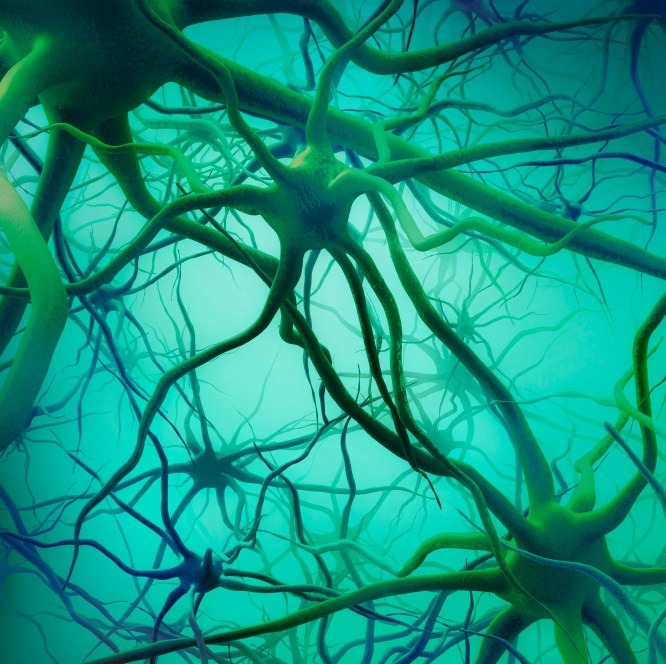
We’re focused on medical research aimed at investigating the complexities of some of the most devastating nervous and peripheral system disorders to treat, slow the progression of, or prevent these diseases.
Research | Our focus | Careers I Collaborations
Neuroscience discovery and development
Neuroscience is evolving. New powerful imaging technologies and insights from human genetics and cell biology are helping us better understand disease-related changes in the brain and the nervous system. These rapidly emerging insights are enabling the development of new approaches with the potential to treat devastating diseases of the nervous system.
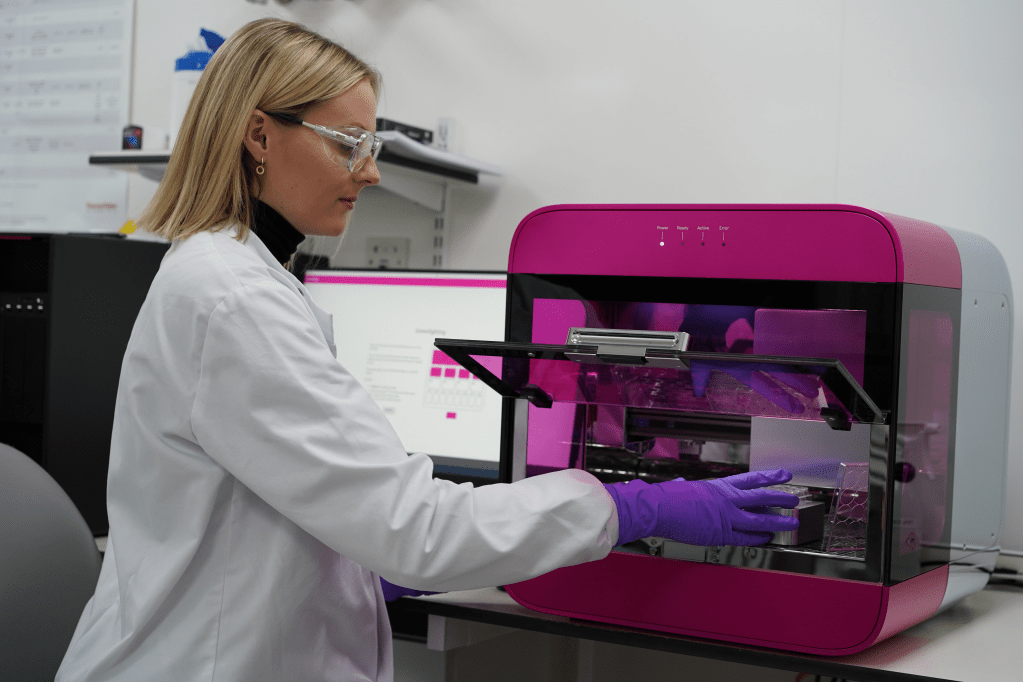
Exploring potential disease-modifying approaches
Our research is focused on discovering and developing novel therapeutics for a variety of nervous system disorders. We’re pursuing a variety of new approaches as we strive to understand the biology behind brain health, neurodegeneration and the nervous system. We’re evaluating targets that have been implicated in many nervous system disorders and investing in new research on important biological functions including neuroimmunology, lysosomal function and protein homeostasis.

Researching symptom control
Our symptomatic research is focused on alleviating symptoms associated with nervous system disorders, including pain and irregular sleep patterns. By studying both disease modification and symptomatic relief, we hope to develop therapies with the potential to improve quality of life.
Our focus on neurological disorders research
Our scientists are working to discover and develop novel therapeutics for a variety of diseases involving the nervous system, which continue to represent significant challenges of our time.
Alzheimer’s disease
Alzheimer’s disease is a progressive brain disorder and the most common cause of dementia, in which people lose memory, thinking skills and the ability to live independently. Alzheimer’s disease affects approximately seven million people in the U.S., with this number estimated to grow to 14 million by 2060. Recent progress in the area of human genetics in addition to advanced technology and screening tools is helping us better understand pathology in the brain and fueling innovative research in Alzheimer’s.
Pain
Nearly every day, 50 million people in the U.S. have pain, which inflicts functional, physical and psychological damage as their ability to work and maintain a family and social life is often compromised. Pain is characterized as acute or chronic. Acute pain is very common and typically the result of injury or surgery. Chronic pain persists beyond the time when tissue normally heals — typically more than three months. We’re researching and evaluating validated targets with the aim of discovering new options for people living with both acute and chronic pain.
Sleep/wake disorders
More than 50 million Americans are significantly impacted by conditions such as insomnia and narcolepsy as a result of the body’s inability to regulate sleep patterns. We’re conducting research to advance innovation and find solutions for people living with these disorders.
Parkinson’s disease
Nearly one million people in the U.S. are living with Parkinson’s disease. The progressive nervous system disorder is characterized by tremors, slow movements, loss of facial expression, impaired cognition and loss of ability to function independently. Given the impact of Parkinson’s, our research is focused on the potential to slow or halt disease progression.3
Neuromuscular disease
Neuromuscular diseases are a group of conditions that affect the nerves and muscles in millions of people worldwide which often have limited treatment options, leading to progressive weakness, loss of mobility and impaired function.

Ken Griffin Alpha-synuclein Imaging Competition
In 2023, the Michael J. Fox Foundation for Parkinson’s Research announced Merck as the winner of the Ken Griffin Alpha-synuclein Imaging Competition. Alpha-synuclein is a protein that’s associated with neurodegenerative diseases such as Parkinson’s disease and is found in abnormal clumps called Lewy bodies. With the number of people impacted by Parkinson’s disease increasing, we’re committed to our work in this area and proud of this recognition by the Michael J. Fox Foundation for Parkinson’s Research.
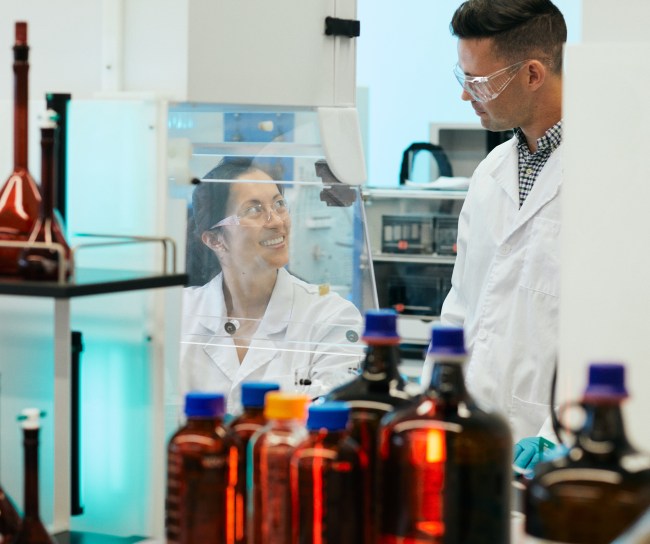
Careers at Merck
Join our team of world-class experts to explore new approaches for some of the world’s most devastating diseases of the nervous system with the goal of delivering meaningful impact to patients.
We’re recruiting for positions across the professional spectrum, including interns, co-ops and postdoctoral research fellows.
Business development & licensing
We follow the science where we believe we can make the greatest difference, now and in the future. We’ve executed 10+ business development deals in neuroscience, helping to augment and diversify our growing pipeline.
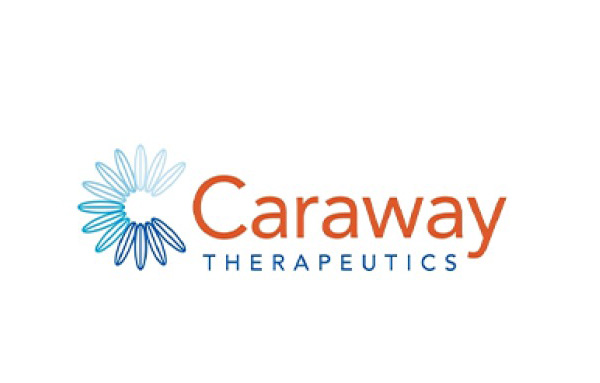

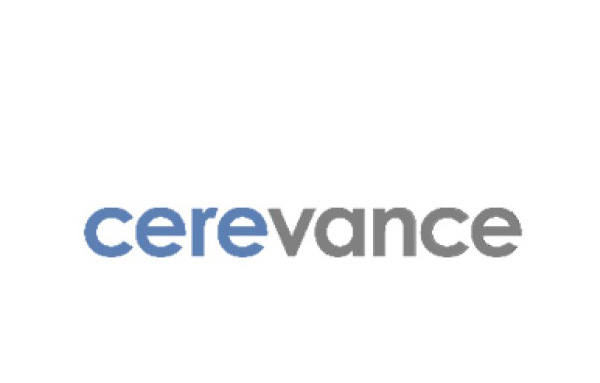
We’ve entered into a strategic research collaboration with Cerevance for the discovery of novel targets in Alzheimer’s disease.
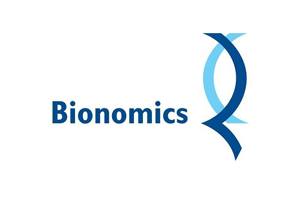
We’ve entered into a strategic research collaboration with Bionomics to evaluate the ability to target cognitive dysfunction associated with Alzheimer’s disease and other central nervous system conditions.



